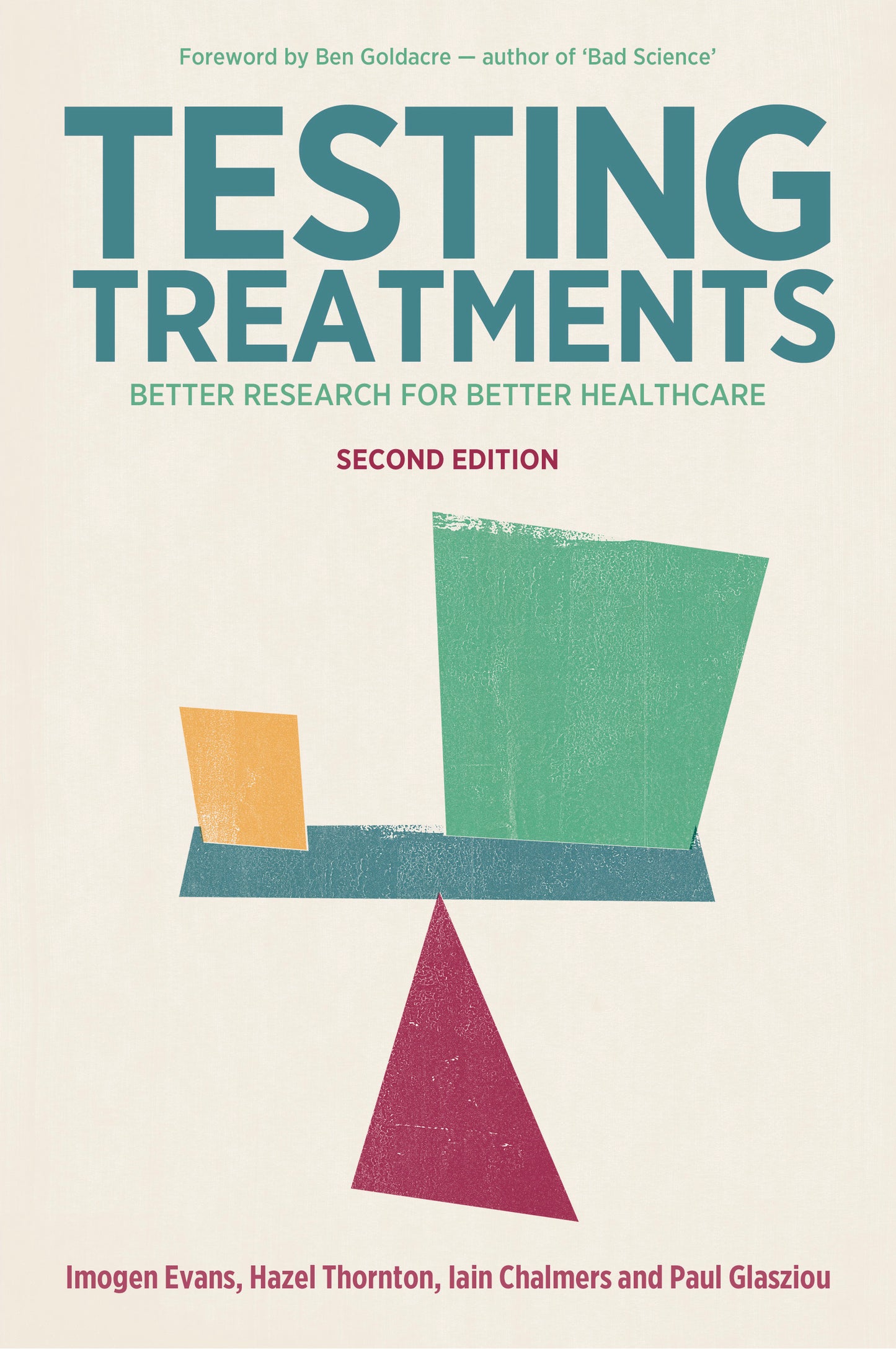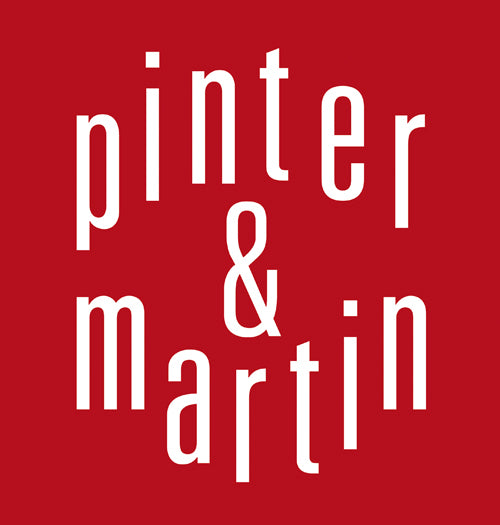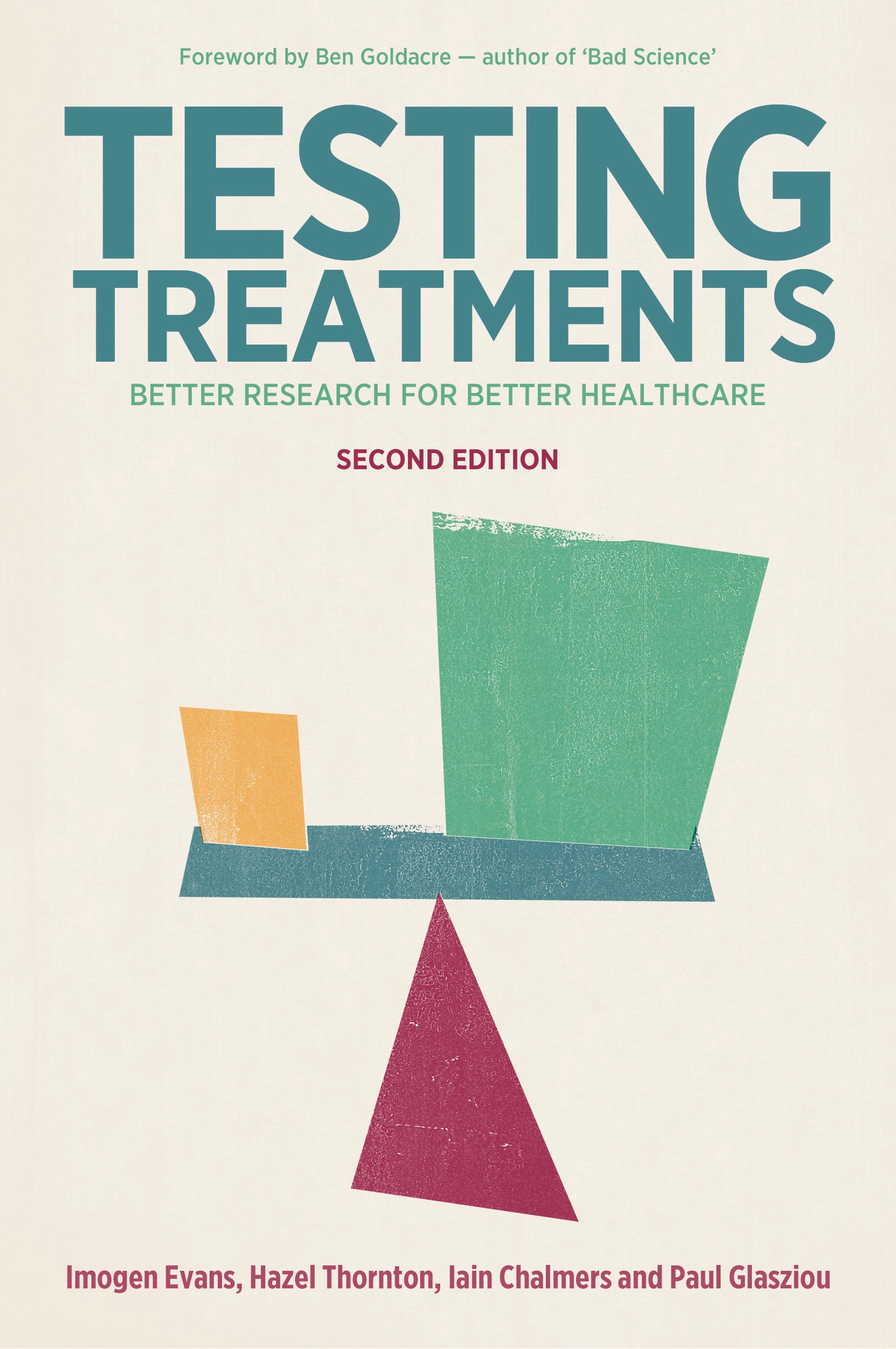Pinter & Martin
Testing Treatments: Better Research for Better Healthcare
Testing Treatments: Better Research for Better Healthcare
OFFER: 3 for 2 on all our books. We ship to the UK only. For other bookshops that stock our books see here.
Couldn't load pickup availability
How do we know whether a particular treatment really works? How reliable is the evidence? And how do we ensure that research into medical treatments best meets the needs of patients? These are just a few of the questions addressed in a lively and informative way in Testing Treatments. Brimming with vivid examples, Testing Treatments will inspire both patients and professionals. Building on the success of the first edition, Testing Treatments has now been extensively revised and updated.
The second edition includes a thought-provoking chapter on screening, explaining why early diagnosis is not always better. Other new chapters explore how over-regulation of research can work against the best interests of patients, and how robust evidence from research can be drawn together to shape the practice of healthcare in ways that allow treatment decisions to be reached jointly by patients and clinicians.
Testing Treatments urges everyone to get involved in improving current research and future treatment, and outlines practical steps that patients and doctors can take together.
For more information on the book and access a PDF, visit Testing Treatments Interactive.
Share
ISBN: 9781905177486
Number of pages: 224
Published:
View full details

